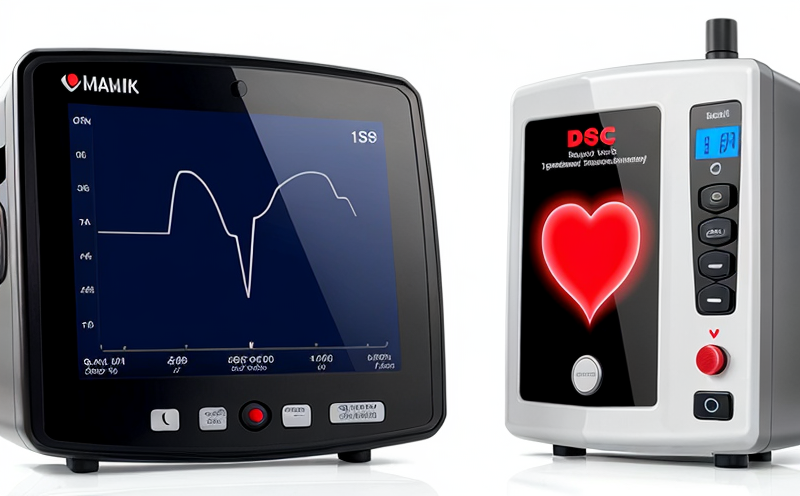ISO 5840 Bioprosthetic Heart Valve Structural Integrity Testing
The ISO 5840 series of standards is pivotal in ensuring that bioprosthetic heart valves are safe and effective. This testing ensures the structural integrity, durability, and long-term performance of these critical medical devices. The process involves a meticulous examination of the valve's design, materials, and construction to ensure it can withstand the rigorous demands placed upon it by the human body.
The first step in this testing is proper specimen preparation. This includes cleaning and conditioning the valves according to ISO 5840-1:2019 guidelines. The specimens are then subjected to a series of mechanical tests designed to replicate real-world conditions, including cyclic loading, fatigue testing, and creep behavior.
The application of these standards is crucial for medical device manufacturers aiming to meet regulatory requirements and ensure product quality. Compliance with ISO 5840 ensures that the valves can withstand high-pressure environments without compromising their integrity, which is essential in preventing complications such as valve failure or leaks. This testing process is not just about compliance; it's about ensuring patient safety.
The results of these tests are reported comprehensively, providing a detailed analysis of how the specimen behaves under various stress conditions. The report typically includes data on cyclic loading endurance, fatigue life, and creep behavior. These metrics are critical for understanding the long-term performance and reliability of the valve.
Understanding the importance of this testing is essential for quality managers and compliance officers responsible for ensuring that medical devices meet regulatory standards. For R&D engineers, these tests provide valuable insights into material selection and design optimization. Procurement personnel can use these results to select suppliers who adhere strictly to these standards.
Applied Standards
| Standard | Description |
|---|---|
| ISO 5840-1:2019 | General requirements for bioprosthetic heart valves. |
| ISO 5840-2:2017 | Cyclic loading tests of bioprosthetic heart valves. |
| ISO 5840-3:2019 | Creep behavior testing of bioprosthetic heart valves. |
Environmental and Sustainability Contributions
The focus on structural integrity in bioprosthetic heart valve testing contributes significantly to environmental sustainability. By ensuring the long-term durability and reliability of these devices, we reduce the need for frequent replacements, which can lead to waste generation. The standards also drive innovation towards more sustainable materials and manufacturing processes.
Testing under various conditions ensures that the valves perform optimally in real-world environments, reducing instances of failure or complications post-surgery. This not only benefits patients but also contributes to a more efficient healthcare system by minimizing resource use and waste generation.
Competitive Advantage and Market Impact
- Meeting the highest industry standards enhances your brand reputation, ensuring you remain competitive in the medical device market.
- Compliance with ISO 5840 demonstrates a commitment to quality and patient safety, which can differentiate your products from competitors.
- By adhering strictly to these standards, you ensure that your devices are reliable and durable, reducing potential for recalls or product failures.
- The data generated from these tests provides valuable insights into material performance, enabling continuous improvement in design and manufacturing processes.
The implementation of ISO 5840 bioprosthetic heart valve structural integrity testing is a significant differentiator that can drive market success. It ensures that your products are safe, effective, and reliable, meeting the stringent requirements set by regulatory bodies worldwide.





